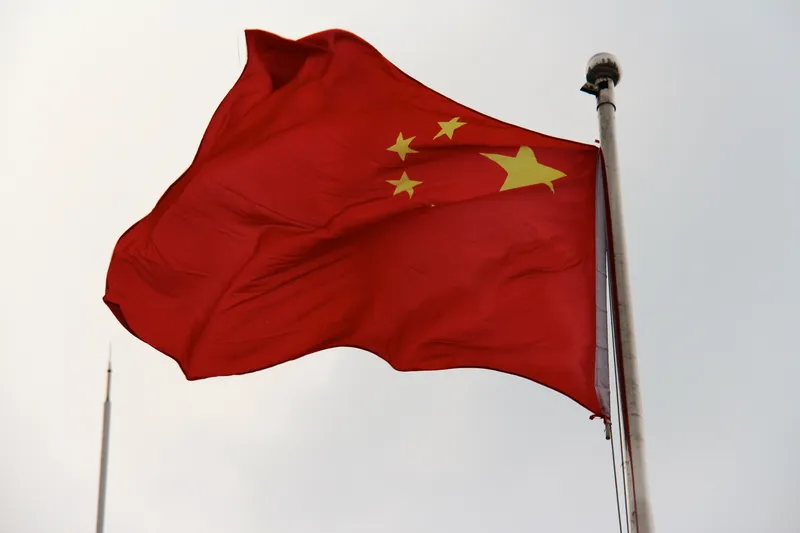The authorities in China have revealed that construction of the Fuzhou section of the new Beijing–Taipei highway will commence by late May 2012. The two-way four-lane expressway will have a design speed of 100km/h. The 53km Fuzhou section is expected to cost some US$1.04 billion to construct. This section of highway will take four years to complete.
June 22, 2012
Read time: 1 min
The authorities in China have revealed that construction of the Fuzhou section of the new Beijing–Taipei highway will commence by late May 2012. The two-way four-lane expressway will have a design speed of 100km/h. The 53km Fuzhou section is expected to cost some US$1.04 billion to construct. This section of highway will take four years to complete.







